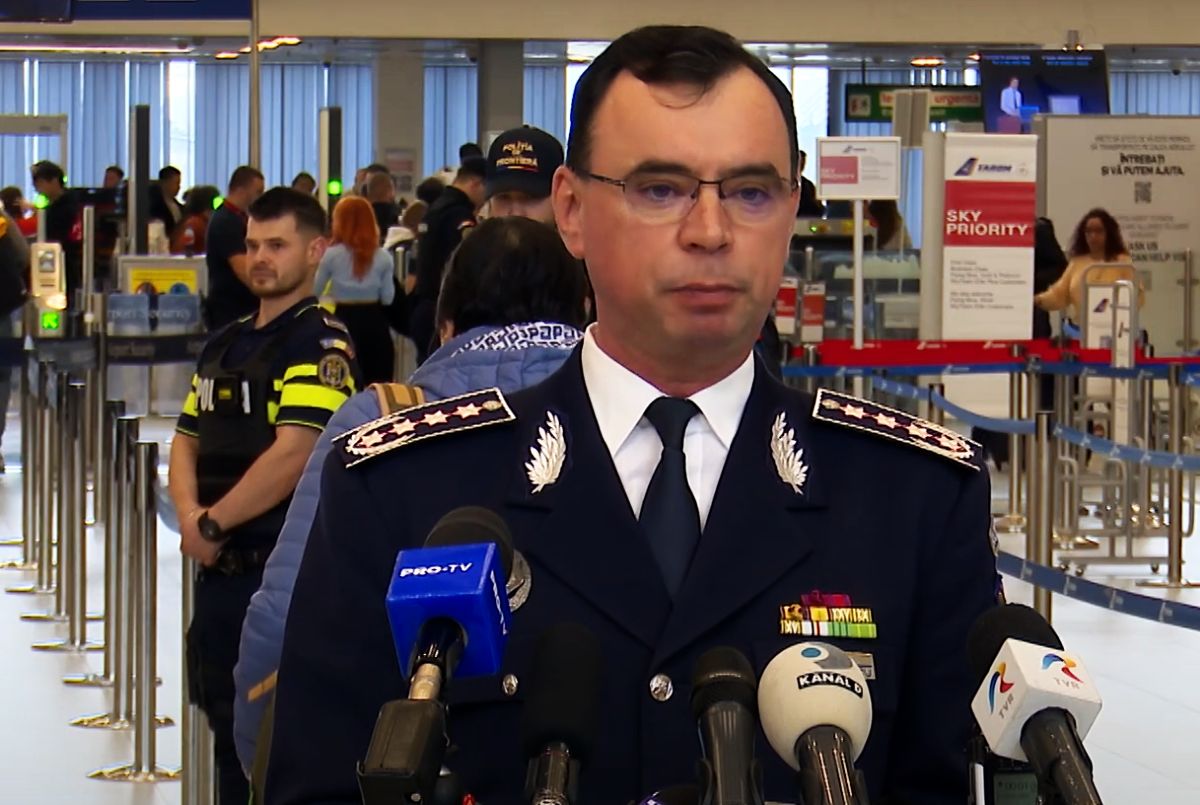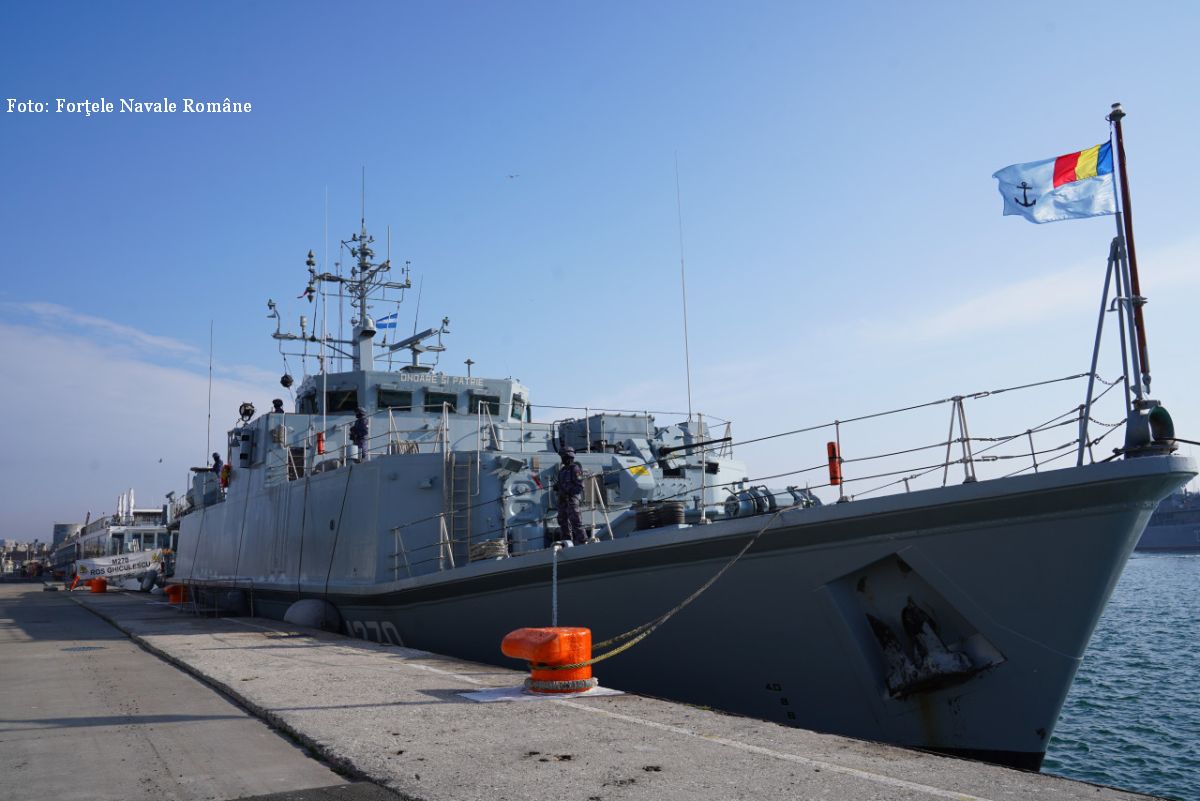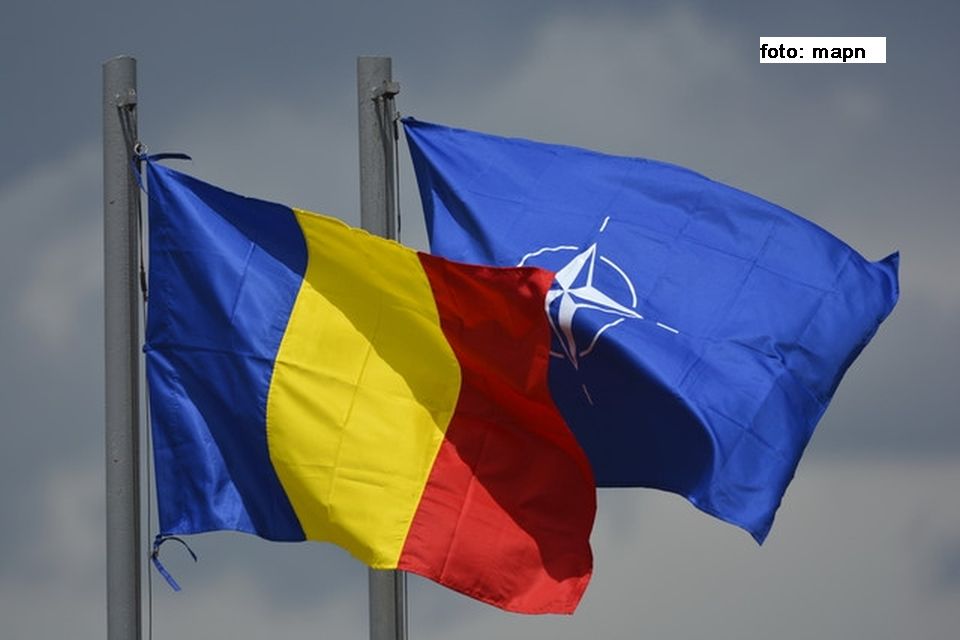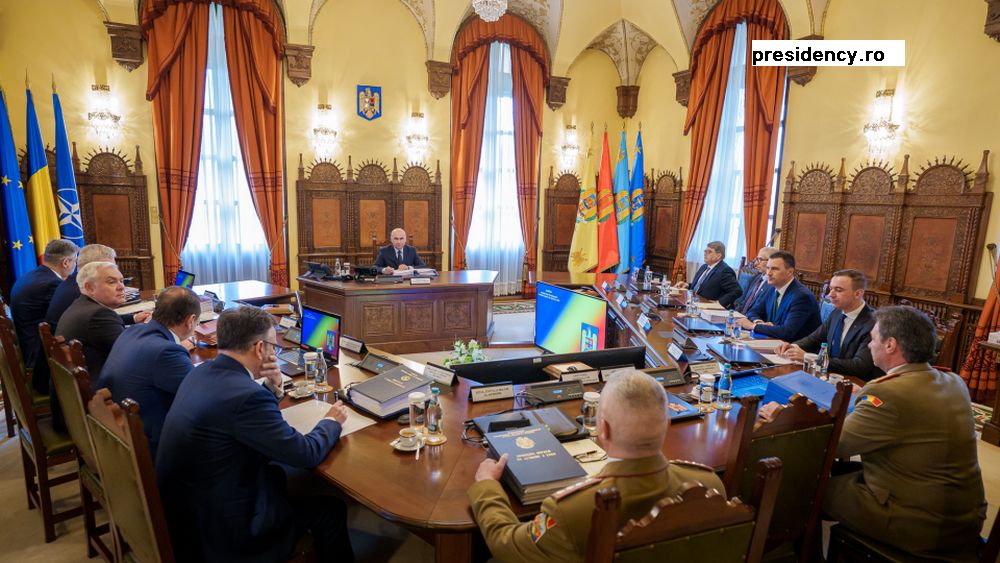EU and the freedom of movement during pandemic
EU leaders held online summit, saying non-essential travel among member states should be discouraged.
Corina Cristea, 22.01.2021, 13:50
As
part of efforts to contain the spread of the virus that has already caused over
2.1 million deaths globally and of its even more contagious mutated variants, European
Union leaders called for non-essential travel between countries to be limited, describing
the situation as very serious. The talks held by the 27 EU leaders in
videoconference format highlighted the common wish of the bloc’s countries to
coordinate among themselves while ensuring the functioning of the single market
and the transport of goods. They also looked at the situation of cross-border
workers, as part of efforts to prevent situations like those seen last spring
when the lack of harmonised decisions led to significant disruptions.
The
president of the European Commission Ursula von der Leyen said EU is increasingly
worried about the different mutations of the virus. Citing the recommendations
of the European Centre for Disease Prevention and Control, she said all
non-essential travel should be strongly discouraged. She also spoke about a new
definition of risk zones to include territories from a number of member states
where health measures should be coordinated. The virus doesn’t know about
borders, von der Leyen explained:
You
can have an area where there is, on both sides, in two member states close to
each other, the same epidemiological situation, but if in one half of this zone
you do a strong lockdown and in the other half of this zone you keep shops open,
you will have immediately movement of people to the other side to do shopping,
for example. That’s pushing forward the spread of the virus and the dissemination
of the virus. So, it is smart to look at homogeneous areas and there have
targeted measures that the member states then can in coordination apply to make
sure that we contain the spread of the virus as much as possible and on the other
hand keep the flow in the single market as much as possible open.
Travellers
from high-risk epidemiological zones may be subject to obligatory testing and
quarantine. As for countries from outside the EU, additional security measures
are proposed for essential travel to Europe, such as testing before departure,
von der Leyen also said. On the eve of the summit, EU leaders also reached an
agreement on the mutual recognition of the results of tests, both PCR and rapid
antigen tests. The community bloc also aims to increase by at least 15% the
verification of positive Covid tests to detect possible mutations. Additionally,
member states stood for stepping up vaccination campaigns while ensuring
constant and predictable vaccine deliveries, aiming to vaccinate 70% of the
bloc’s adult population by summer. (CM)

